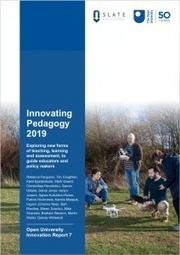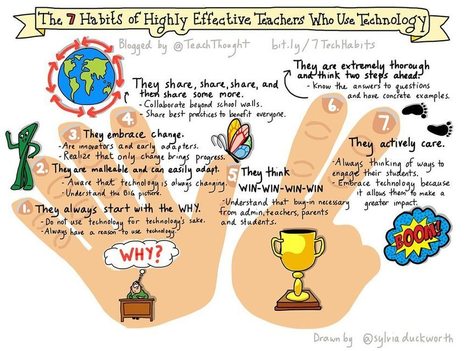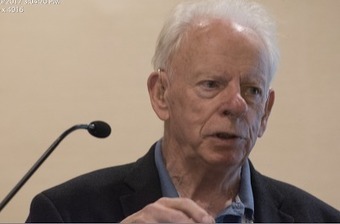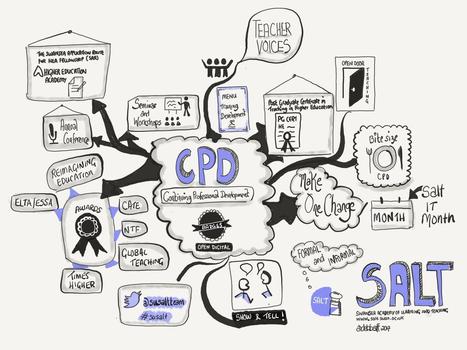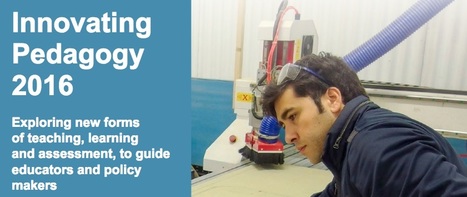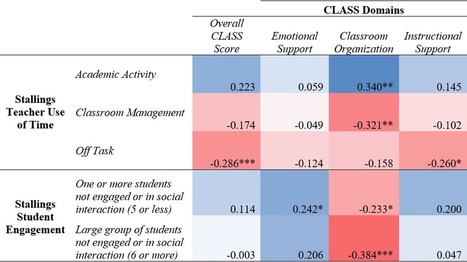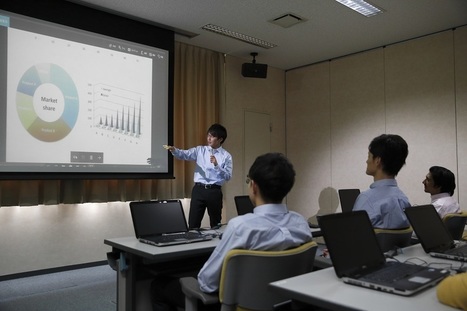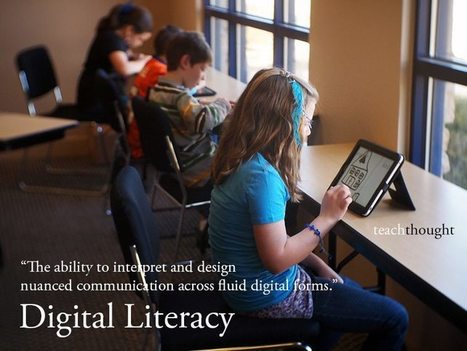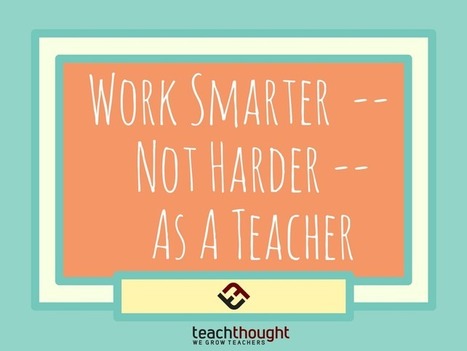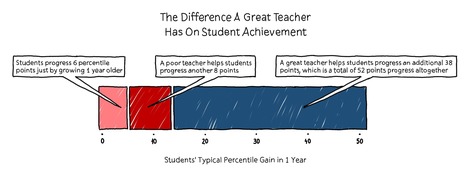The research around university learning and teaching shows that didactic teaching and passive reception do not result in deep, lasting or meaningful learning for most students. It is curious, then, that despite knowing this, we persist with lecturing at students in large groups in most universities. Worse, one of the most common lecturing practices is to ‘stand and deliver’ notes and/or PowerPoint slides.
It is important to acknowledge that lectures probably worked as a form of teaching for many academics – who were, as students, particularly intellectually able, intrinsically motivated and keenly focused and clear on their educational and vocational goals, that is, to continue to pursue knowledge throughout their career through research and teaching. But it is equally important to acknowledge that this approach is not effective for the majority of students, who go on to fill other roles and pursuits outside of academia. The challenge is that the lecture persists and is assumed to be the basis of effective teaching practice when it may or may not be, depending on the student and context.
Get Started for FREE
Sign up with Facebook Sign up with X
I don't have a Facebook or a X account

 Your new post is loading... Your new post is loading...
 Your new post is loading... Your new post is loading...
Current selected tag: 'teaching as a practice'. Clear
Regardless of one’s academic discipline or the courses that we teach, college faculty members share a responsibility to prepare our students for success in our courses and academic programs, their professional careers, and ultimately, for life in general. While this is a seemingly formidable challenge, it is one that we, as members of the teaching profession, are called to embrace and achieve.
This series of reports explores new forms of teaching, learning and assessment for an interactive world, to guide teachers and policy makers in productive innovation.
This seventh report, produced by The Open University in collaboration with the Centre for the Science of Learning & Technology (SLATE), University of Bergen, Norway, proposes ten innovations that are already in currency but have not had a profound influence on education in their current form.
7 Characteristics Of Teachers Who Effectively Use Technology
When I was 19 and decided I wanted to become a psychology professor, I did so from the comfort of my dorm room, on the window seat across from a decommissioned fireplace. I’d always loved reading, writing, and talking, so what better career for me than academe? I could not have known that my vision of faculty life would become anachronistic by the time I was out of graduate school.
As another year draws to a close, the editorial team at Faculty Focus looks back on some of the most popular articles of the year. Throughout 2017, we published more than 200 articles, covering a wide range of teaching and learning topics, including assignment strategies, cell phone policies, course design, flipped classrooms, online discussions, study strategies, and grading policies.
So the question is, what kind of cultural values do you want to have implicit in what you teach? We need to think of this - it’s a chance to break away from institutional cultures, which are not always good things. Via Nik Peachey
Students learn more when we let them wrestle with a math problem before we teach them how to solve it.
I’m growing increasingly uneasy over and frightened by the escalating pervasiveness of academic dishonesty. Statistics fluctuate and are difficult to come by, but according to one 1998 study, conducted by the Ad Council and The Educational Testing Service, upward of 98% of college students report having cheated in high school.
This is number 35 in my ongoing series on learning theories. In this series I have been providing a brief overview of each theory, and how each can be applied in education. All the previous posts in this series are linked below, with theorists listed in alphabetical order. The most recent post in this series featured spreading activation theory - a theory adapted from a hierarchical model of memory proposed by Ross Quillian and Allan Collins.
The new report Innovating Pedagogy 2016: Exploring new forms of teaching, learning and assessment, to guide educators and policy makers from The Open University highlights ten trends that may impact education over the next decade. These include Design Thinking, Productive Failure, Formative Analytics and Translanguaging. The report also presents evidence to inform decisions about which pedagogies to adopt. Via Nik Peachey 
Laura Yepez's curator insight,
September 12, 2018 12:29 PM
This article provides meaningful information since translanguaging is impacting education. With the correct use of this strategy teachers can creat safety and challenging places for foreing learners. Students feel comfortable when their teachers use their native language so they feel they can carry out any activity; hence, a good learning environment will be stablished.
Contrary to popular opinion, there is little reliable evidence showing strong links between student achievement and teachers’ formal qualifications.
Via Julie Tardy |
There have been many changes in the development of national and world education. The most observable phenomenon is now the internalization of society and the penetration of digital technologies into learning. Education has traditionally been seen as a pedagogic relationship between the teacher and the student. Pedagogy, the art of science and teaching the child, embodies a teacher-focused education where the teacher dominates the classrooms. This approach assumes the teacher being the repository of knowledge and taking full responsibility about what the learner needs to learn when it is to be learned, and indeed how it should be learned. This pedagogical slant develops the role of the student to be a dependent one and the relationship between the student and his/her peers as a competitive one. Pedagogical learning is purely based on the possession of skills and knowledge through transmittal techniques, such as lectures, demonstrations, textbook reading, audiovisual presentations and examinations. Students are motivated to learn due to external pressures such as competition for securing higher grades, fear of failure and at times due to fear of punishment. Learning is confined to a pre-planned curriculum for all students so that it can easily be monitored and evaluated. It addresses the issue of what is to be learned “The Content”, and not how it is to be learned “The Process”.[1]
In today's post, we are re-sharing with you one of our popular lists featuring 10 very good reads meticulously selected for teachers. These are books by leading educators, pedagogues and cognitive scientists approaching the practice of teaching from various perspectives. From classroom management techniques to motivation enhancement methodologies, this collection will definitely help you transform your life as a teacher and educator. We invite you to check it out and share with us your feedback on our social media accounts.
The session reports on two studies based around Jisc’s investigation into the Next Generation of Digital Learning Environments. The first study asked questions about the technology in use, and emergent technologies that impact on learning and teaching. This involved framing the question as a “what if” and a “what would” around next generation digital learning technologies. This methodology relied on passive recruitment, with participants contributing a range of submissions from as short as a tweet to extensive papers.
Teaching well takes time—time to prepare content and course materials, to interact with students in class, during office hours and electronically, to keep up with developments in the field, to grade and provide constructive feedback, and that just starts the list. To allow for scholarly work, campus responsibilities, and a personal life, teaching tasks need to be handled with as much efficiency as possible. Fortunately, some efficiencies not only expedite teaching tasks, they promote learning! Here are some examples. Most entail an upfront time investment, but it’s recouped with time saved subsequently.
It’s been an exciting year in education with big advances in educational technology and instructional design, from new implementations of virtual reality to fascinating insights into everything from motivation and creativity to tried-and-true learning strategies.
Bob Dylan was right. Times, they are a’changin.’
Teaching is hard.
In a conversation on LinkedIn, one person asked, "What are the characteristics of an effective teacher?" I read quite a few excellent remarks that describe what such a teacher does to be effective. I couldn't help thinking about some of my best teachers.
Want to know what it takes for Transforming The Teacher? Check what you need to know about Transforming The Teacher in the modern classroom environment.
The two most important days in your life are the day you were born, and the day you find out why. - Mark Twain.
As scientific understanding and artificial intelligence leap forward, many professions—such as law, accounting, animation, and medicine—are changing in dramatic ways. Increasingly, these advances allow non-experts and machines to perform tasks that were previously in the sole domain of experts, thus turning expert-quality work into a commodity. With new technologies displacing workers across many fields, what will be the likely impact on the teaching profession? Will machines replace teachers?
Pinnacle's principles of effective teaching are grounded in research into practices that have the largest impact on student learning. Yet, they are practical and written in plain English. 
Mary Martínez's curator insight,
February 6, 2016 4:33 AM
Pinnacle's principles of effective teaching are grounded in research into practices that have the largest impact on student learning. Yet, they are practical and written in plain English. Learn more: - http://www.scoop.it/t/21st-century-learning-and-teaching/?tag=Great+Teachers - http://www.scoop.it/t/21st-century-learning-and-teaching/?tag=Rise+of+the+Professional+Educator
Kathy Lynch's curator insight,
November 11, 2016 11:55 PM
Thanks Inez Bieler! The graphic at the end listing Evidence-based Principles of Effective teaching: 1. Care about helping your students learn, 2. understand but do not excuse, 3. be clear about learning goals, 4. surface knowledge + deep understanding, 5. release responsibility, 6. give good feedback, 7. have students learn from each other, 8 manage behavior, 9. evaluate your impact, 10. always be learning ways to increase your impact. makes a good bookmark reminder. Self-assessment regularly would likely improve teaching more than many hours of random PD. |






